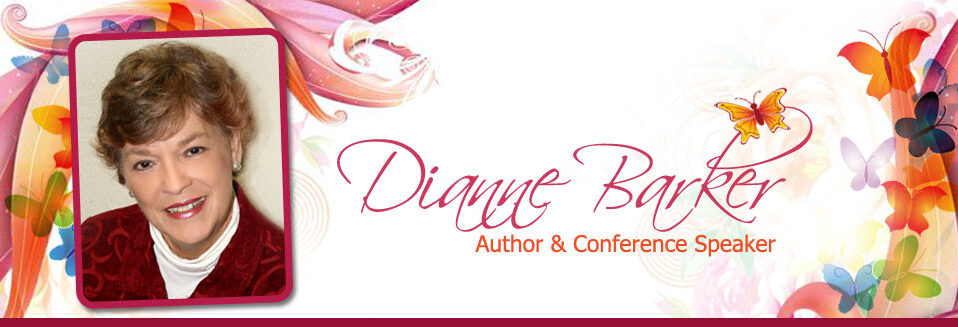Resume production.
Scene one: Joseph, now thirty, still in the dungeon prison.
Pause: Everything changed overnight. Actually, it was thirteen years times 365 long nights. Pharaoh had two dreams about fat cows and lean cows, but no one knew the meaning. God had set the stage for what happened next. The butler remembered the young man he’d met in prison, and the king sent for him.
Scene two: Joseph changing clothes and shaving, a perplexed look on his face.
Scene three: Joseph standing before the king.
“I hear you can interpret dreams.”
“I can’t, but God can,” Joseph said.
Pharaoh related the dreams, and Joseph explained that God was getting ready to do something huge. The dreams foreshadowed seven years of abundance, followed by seven years of severe famine that would ravage the land.
Joseph recommended a plan: store grain during the plentiful seasons to feed the people during famine. He suggested Pharaoh select a wise man to supervise the process.
The ruler discerned Joseph to be such a man, one led by the Spirit of God, and made him governor over all the land of Egypt, second only to himself in authority.
Scene four: Joseph selling grain to people streaming to Egypt from famine-stricken lands.
Jacob’s sons—except the youngest, Benjamin, who stayed home with their aged father—came to buy corn from Joseph. And they bowed down to him. Over twenty years had passed since they’d discarded their little brother and they didn’t recognize him. Although Joseph knew them, he kept quiet while arranging events that troubled the men and made them think God was avenging their evil deed.
Flash forward: Joseph overcome with emotion, revealing his identity. The brothers trembled in terror, expecting payback.
“Do not be distressed and do not be angry with yourselves for selling me here,” Joseph said. “It was to save lives that God sent me ahead of you…to preserve for you a remnant on earth and to save your lives by a great deliverance. So then, it was not you who sent me here, but God. He made me father to Pharaoh, lord of his entire household and ruler of all Egypt.”
Camera zoom: Joseph weeping, instructing his brothers to return home to Canaan and bring their father and their families to Egypt to survive the famine.
Camera fade: Joseph embracing his aged father.
Flash forward: Seventeen years later.
Scene one: Jacob blessing his sons before his death.
Scene two: Worried brothers, convinced Joseph had postponed retribution for his father’s sake, sending a message that Jacob wanted him to forgive them. “We are your slaves,” they said, falling before him.
Scene three: Joseph reassuring his brothers.
You intended to harm me, but God intended it for good to accomplish what is now being done, the saving of many lives. . Click To Tweet“‘Don’t be afraid. Am I in the place of God? You intended to harm me, but God intended it for good to accomplish what is now being done, the saving of many lives. So then, don’t be afraid. I will provide for you and your children.’ And he reassured them and spoke kindly to them.”
Camera fade: Sun setting over Goshen where Jacob’s children spend the rest of their lives growing in numbers and receiving God’s blessing.
Tag: In every scene the Director, our sovereign God, followed his script. It’s no surprise the production exceeded box-office expectations. And Joseph’s dreams.
Roll the credits.
Reflection: Happy endings like that happen only in the movies…and the sovereignty of God.
(Adapted from Cabbages and Kings—Reflections on Living Abundantly in Christ. See Genesis 41-50)
© Dianne Barker 2019
Please leave a comment about how Sovereign God worked in your life in a surprising way, giving a hurtful situation a favorable outcome. And I’d be grateful if you would share this with your friends!

